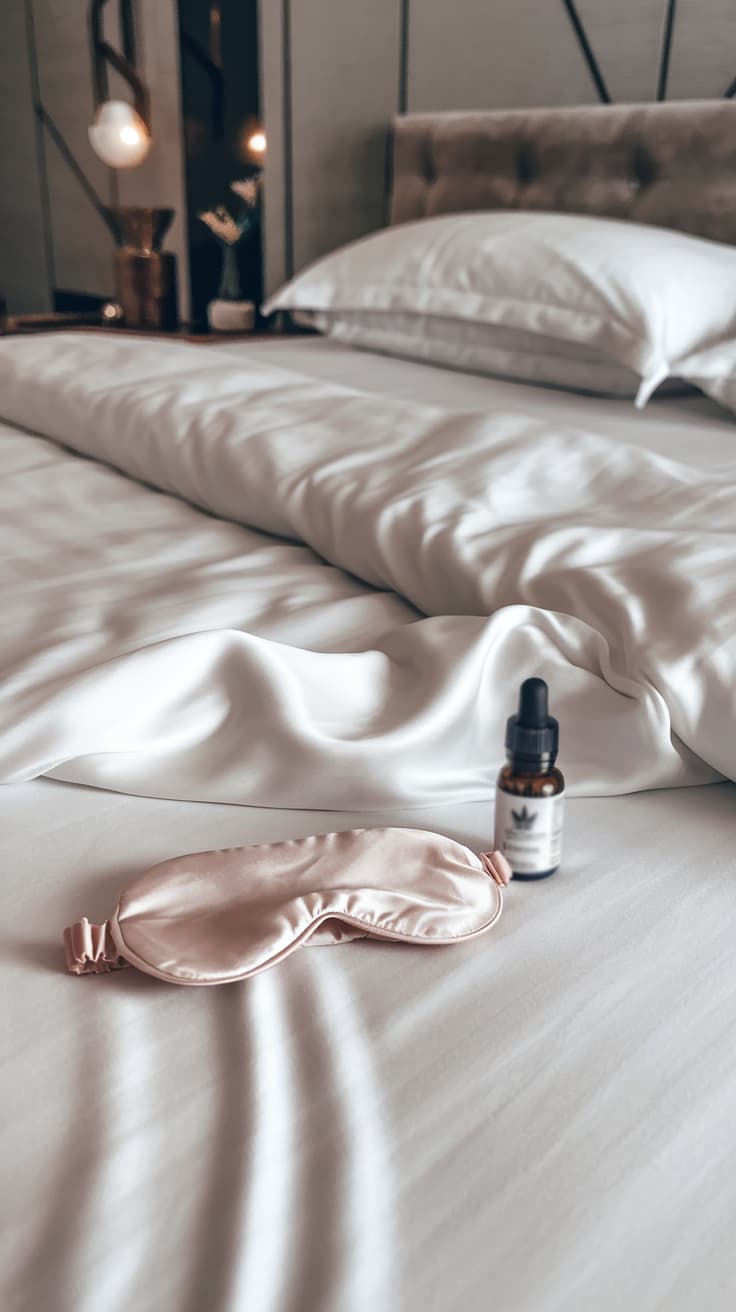Do THC Edibles Cause Night Sweats?
Ever wake up soaked after eating an edible? You’re not the only one. Lots of folks who use weed say they sweat a lot at night. But is it really the THC causing this?
Let’s look at what might be going on!

key takeaways
What Are Night Sweats?
Night sweats aren’t just getting a little warm under the covers. We’re talking about excessive sweating that leaves your sheets damp. While they can be linked to various medical conditions, cannabis users may experience them for entirely different reasons. When it comes to edibles, their long-lasting effects could make night sweats more noticeable than with other forms of THC consumption.
How THC Affects Your Body Temperature
So, you know how sometimes you get all hot or super chilly after smoking weed? It’s not just in your head. Your body has this whole system that keeps its temp steady, and weed kinda messes with it.
When you smoke, the THC part of the weed attaches to these special spots in your body, and that can make your body either overheat or get really cold. Weird, huh?
💡 Ever heard of the term cannabis-induced hyperhidrosis? It’s a fancy way of saying that cannabis can make you sweat… a lot!
Why Might THC Cause Night Sweats?
There are a few key reasons why THC edibles might be causing night sweats, and understanding them can help you better manage your experience:
1. Body temp goes haywire: THC messes with how your body controls its temperature. This can lead to sweating when you least expect it, even while you’re snoozing. Since edibles hang around in your system longer than smoking or vaping, this sweating can last way into the night.
2. Metabolism shifts: If you’re a regular edible user, your body might get used to having THC around. When the levels drop overnight, it can throw your system out of whack, leading to some sweaty moments.
3. Strain matters: Some strains have compounds called terpenes that can make you feel warmer. If your edible has a lot of these terpenes, you might be more likely to sweat at night.
4. Edibles hit different: Edibles are processed differently in your body, which can make their effects last much longer. This means you could be sweating for a while after eating one.
5. Lifestyle plays a part: Things like how much water you drink, what you eat, and even your body fat can affect how your body handles THC. With edibles, these factors might have a bigger impact since the THC stays in your system longer.

How to Reduce THC-Induced Night Sweats
If your cannabis routine is turning your bed into a sauna, here are some things to try:
- Drink lots of water: It helps keep you cool and prevents that dry mouth feeling.
- Make your bed comfy: Use breathable sheets, keep the room cool, and wear light pajamas.
- Time it right: If night sweats are a problem, don’t eat edibles right before bed. Give yourself some time to come down.
- Try different strains: Some strains can make you sweat more than others. Experiment a bit and see what works best for you.
When Should You Be Concerned?
If you’re waking up soaked and it’s happening often, and you also feel feverish, are losing weight, or get the chills, it’s a good idea to see a doc. While weed might play a role, it’s best to rule out other health stuff.
So, do THC edibles cause night sweats? Well, it’s definitely possible. Since edibles hang around in your body longer and kinda drip-feed you THC, you’re more likely to sweat at night compared to smoking or vaping.
The good news? You can do some things to chill out and still enjoy those treats!
